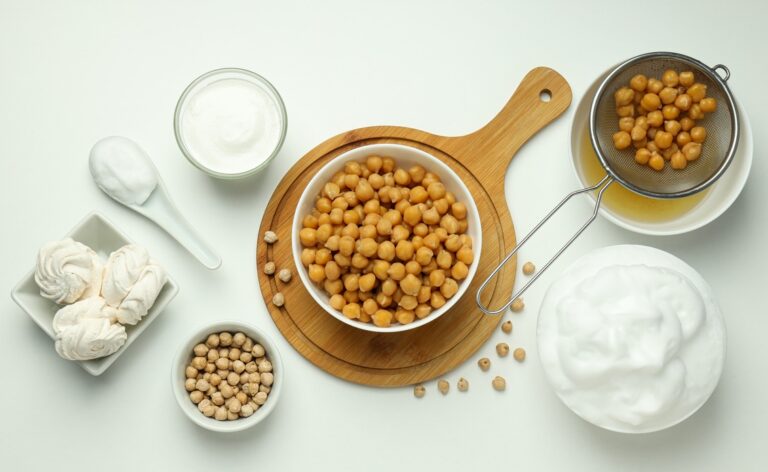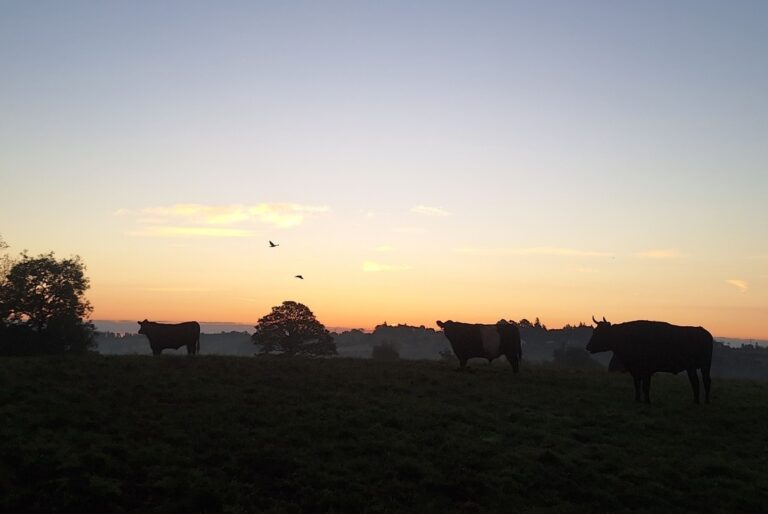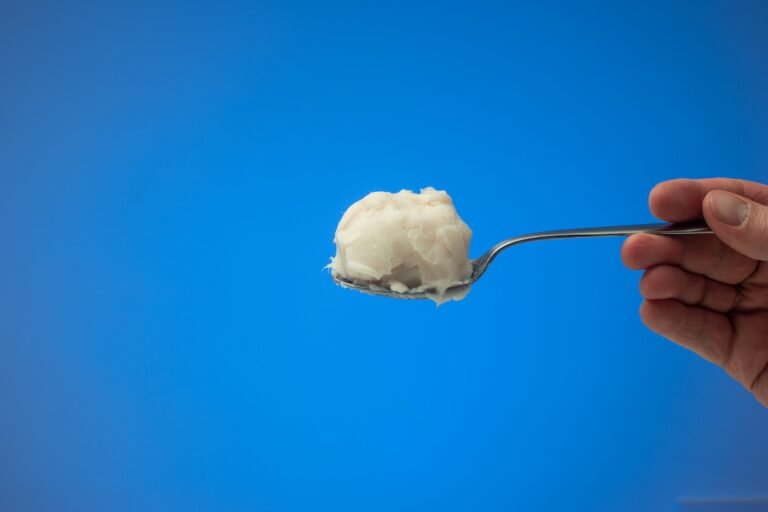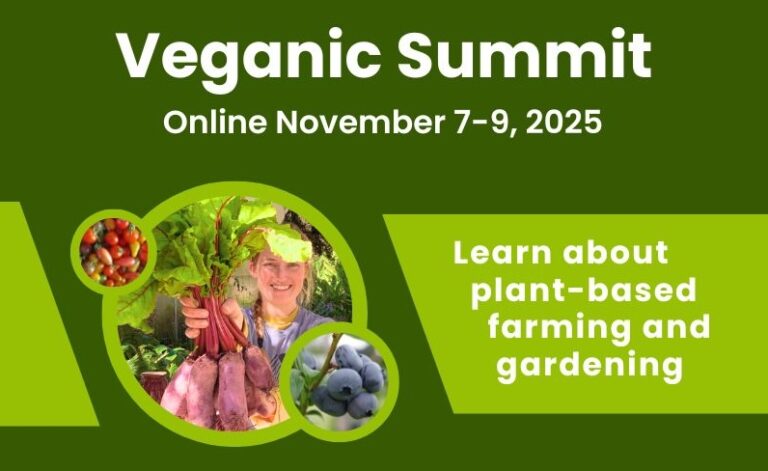Choosing plant-based milk is more than a dietary decision—it’s a powerful act of conscientious living. It’s a rejection of the cruelty and environmental degradation inherent in dairy farming, and a declaration that non-human animals should not be used as commodities.
Fortunately, the plant-based milk industry is more abundant than ever, offering a wide variety of options that meet every taste, purpose, and nutritional need.
All dairy operations involve exploitation, even when described as “organic,” “sustainable,” or “animal welfare approved.” In addition to the fundamental issue of using sentient beings for commercial purposes, the industry relies on the use of cows who are forcibly impregnated, separated from their calves, and eventually slaughtered once they’re no longer “profitable.”
Simply put, there is no humane way to exploit animals, and that’s where plant-based milks come in. Choosing a plant-based alternative rather than dairy is an action that simultaneously respects both nonhuman life and the life of our planet.
Below is a comprehensive look at the amazing variety of non-dairy milks currently available, and the list is growing all the time.
The best part? All of them are 100% dairy-free:

Nut-Based Milks
• Almond Milk – Light and slightly nutty; great in smoothies or cereal
• Cashew Milk – Rich and creamy; perfect for sauces and coffee; smooth without being strained, even when it’s homemade
• Macadamia Milk – Buttery and smooth; lower in carbs and sugar
• Hazelnut Milk – Deep nutty flavor; ideal in baking or with chocolate
• Pistachio Milk – Unique flavor, lightly sweet and green-tinted
• Walnut Milk – Earthy and rich in omega-3s
Grain-Based Milks
• Oat Milk – Creamy, barista-friendly, naturally sweet; highly sustainable
• Rice Milk – Light, sweet, hypoallergenic; lower in fat, but high in carbs
• Quinoa Milk – Slightly nutty and full of protein; good for cooking and cereal
• Spelt Milk – Nutty and smooth; less common but becoming increasingly available
• Teff Milk – From an ancient grain; nutrient-rich and unique in flavor
Legume-Based Milks
• Soy Milk – High in protein and versatile; closest nutritionally to dairy milk
• Pea Milk – Mild flavor, high protein; excellent for coffee and frothing
• Lentil Milk – Earthy and protein-rich; emerging as a more sustainable option
• Chickpea Milk – Creamy, slightly beany; often found in newer alt-milk brands
• Fava Bean Milk – Smooth, protein-packed; used in fortified alt-dairy products
Seed-Based Milks
• Hemp Milk – Nutty and full of omega-3s; sustainable and allergen-friendly
• Flax Milk – Mild taste, low calorie; often fortified with calcium and vitamin D
• Sunflower Seed Milk – Good for nut-free households
• Sesame Milk – Earthy and mineral-rich; tahini-like flavor
• Pumpkin Seed Milk – Deep green hue, nutrient-dense, slightly sweet
Fruit-Based Milks
• Coconut Milk – Rich and tropical; great for cooking and baking
• Banana Milk – Naturally sweet and fruity; good for smoothies and cereal
• Date Milk – Sweet and caramel-like; newer on the market, often homemade

Ethical consumption is becoming increasingly convenient. You can find plant-based milks at supermarkets (most carry at least almond, soy, oat, and coconut milks); health food stores (these often stock lesser-known options like macadamia, hemp, or flax milk); online retailers (subscribe to specialty brands or bulk shop through vegan suppliers); zero-waste stores and co-ops (some offer refill stations or compostable packaging options); and of course, cafés and coffee shops, where plant milks like oat, almond, and soy are often standard, among others.
DIY Plant-Based Milk
While there are definitely a growing number of milk alternatives and places to find them, a worthwhile option is simply to make your own. One of the most empowering, healthy, and ethical things you can do to reduce waste, avoid additives, and eliminate reliance on profit-driven dairy corporations is to make your own plant-based milk. It’s a seemingly small act, but if within your capacity, it can be incredibly rewarding.
How do you make your own non-dairy milk? Luckily, there are countless online recipes to choose from, often using ingredients you may already have. For instance, soaking a cup of any nut, seed, or cooked grain, prior to blending with 3–4 cups of filtered water, then straining through a nut milk bag or cheesecloth (or simply through a fine sifter) will result in your very own milk. If put in a glass jar, your milk can last up to five days in the refrigerator.
Additionally, you can get creative and add ingredients like dates, vanilla extract, cinnamon, or sea salt for extra flavor. There are plenty of no-strain options as well, such as cashew and hemp, which are smooth enough without straining. Blending almond butter with iced water also makes an easy, no-strain almond milk.
Overall, you can be confident that you don’t need a nut milk maker to get the job done, although for those seeking a super-convenient home-made option, there are several to choose from, including brands such as Almond Cow, Nutrimilk, and ChefWave Milkmade. Consumers speak highly of all three.

The global plant-based milk market is on track to surpass $30 billion by 2026, and this surge in popularity is obviously not just about dietary preferences —it’s about ethics. It makes sense that as more people learn the truth about dairy, they’re choosing more ethical and sustainable alternatives in their day-to-day lives. Ultimately, they choose justice, because choosing plant-based milk is a daily, tangible act of nonviolence.
Every time we pour a glass of oat milk or blend a cashew milk smoothie, we are refusing to support cruelty and embracing a world where other animals are respected, precious resources are preserved, and human health is nourished. With dozens of plant-based milks to choose from, it should go without question that there is absolutely no ethical reason to keep consuming dairy.
Choose peace. Choose justice. Choose plant milk.













